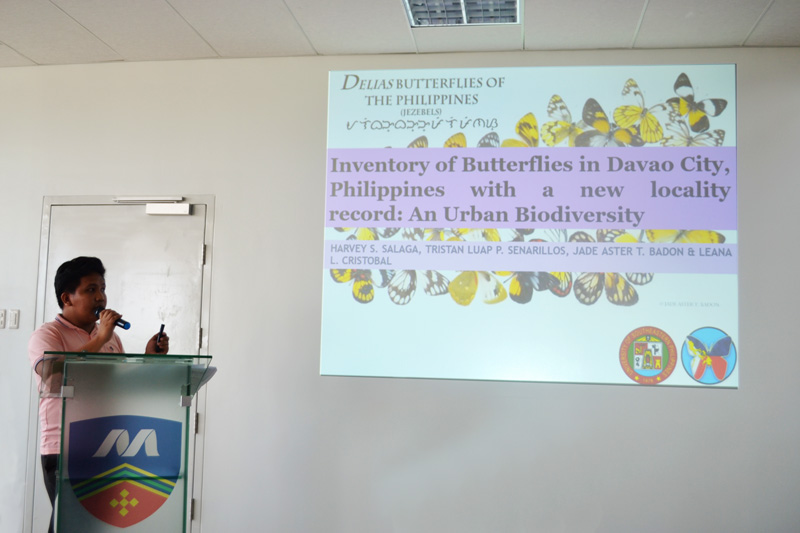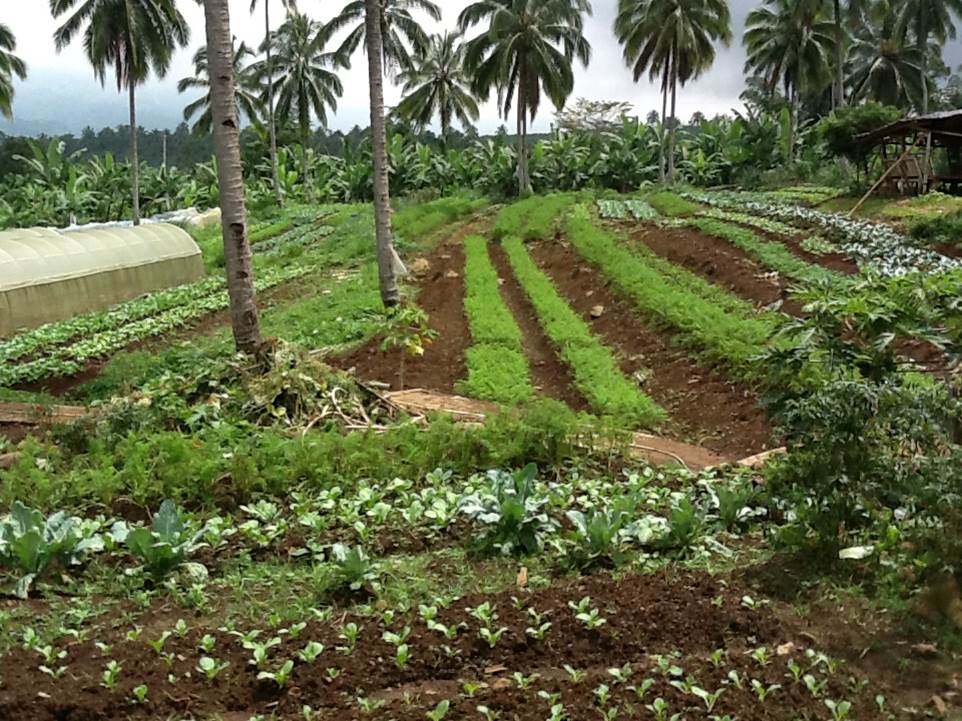No to Reclassification of Agricultural Lands and Water Zones
IDIS, along with other CSOs, participated in the series of workshops for the updating of Davao City’s Land Use Plan The City Government of Davao’s land use plan is focused on decongesting the city’s urban center. While this is a welcome development, the City should ensure that environmental critical areas and green zones outside the current urban district remain protected and will not be compromised in the development process. Davao has decided to retain among its top priorities food security and ecological protection by maintaining 60% of the city’s land area to be devoted for agriculture. To achieve this shared goal, these two should be non-negotiable for reclassification: Agricultural to non-agricultural conversion As the City gears towards continued development, high premium must be placed on our agricultural lands. They shall be protected by all means necessary, to ensure food supply and food security for Dabawenyos. The City through the Comprehensive Land Use Plan and Zoning Ordinance should restrict land conversions especially agricultural areas to non-agricultural. One concrete example would be the existing Gaisano Grand Mall in Calinan. The building has affected farmlands which could have yielded the city a more economically beneficial if its original use to ensure rice and food supply was retained. We further recommend that the City should: Map productive and non-productive agricultural areas in Davao City and strictly prohibit reclassification of productive agricultural areas. For non-productive areas, a recommendation for its reclassification can only be made if there is proof for a need to reclassify the same. Aspire to increase the production of food crops such as rice for local consumption; Identify more areas to be declared as organic agricultural (OA) zones, provide appropriate support for organic farmers to increase production and market opportunities, and establish more buffer zones in these zones to protect them from contamination; and Due to the rise of demand of reclassification appeals from homeowners’ associations applying for socialized housing, encourage settlement build up only in existing Rural Settlement Zones (RSZ) to protect prime agricultural areas to be reclassified. The government should survey lands/prepare clustered areas for socialized housing and relocation, rather than scattered separate sites. Water resources zone to other allowable uses Water Resource Zones are crucial for Davao’s sustainable water supply. These are areas on top of identified locations of principal source of drinking water where Davao City Water District has existing or planned production wells within 350-meters buffer zone. Granting of additional allowable use is prohibited in these zones so applications for allowable use within/near these zones should never be approved nor entertained in the first place. Sadly, there have been applications that were approved including those projects in high density residential zones. Thus, we recommend that: The definition of a Water resource Zone should not be limited to DCWD-covered areas with existing, planned or proposed production wells but should be expanded to include other areas which may have water resources; The 350-meter buffer area provision be increased/stretched since this current figure is insufficient to prevent damage/harm to water resources; and The Local Zoning Board of Adjustment and Appeals should refrain from recommending to the City Council applications for additional allowable use which are clearly within or near a water resource zone Download our full position paper on the CLUP and Zoning Ordinance here.
Learn how to Adopt A Riverbank

Adopt a riverbank brochure 2016
New Butterfly Record in Davao City, Need Connector Parks to Support Urban Biodiversity

Two new species of butterflies were recorded here in Davao City according to a study presented at the first Sustainable Davao Research Symposium held on October 10, 2018.
Open Letter on Shrine Hills

We would like to clarify that contrary to the media report, it was actually the Davao City Local Zoning Review Committee, not IDIS, who submitted the proposed amendments on the Urban Ecological Enhancement Sub-Zone (UEESZ) provision in the Davao City Comprehensive Zoning Ordinance for second reading at the City Council. The Local Zoning Review Committee (LZRC) is a recommendatory body created under the Comprehensive Zoning Ordinance 2013. IDIS, along with Ecoteneo, represent Davao City environmental NGOs as members in the committee and support the proposed amendments. The 25% recommendation was a decision of the LZRC, a collegial body, so to say that the 25% is solely recommended by IDIS is erroneous and is an insult to the discretion and authority of the committee.
Save Davao Shrine Hills: Davao City’s Last Urban Ecological Frontier
The Shrine Hills, located at the urban center of Davao city, finds a similar case with that of the Cherry Hill Subdivision in Antipolo City, which tragically resulted in 59 lives lost and hundreds of families lost due to landslide in 1999. Land and subdivision developers are very eager to develop the area as it is strategically located in the middle of the City. Here’s what environmentalist groups’ response to the position paper submitted by DMC URBAN PROPERTY DEVELOPERS, INC. (DMC UPDI) ON THE PROPSED AMENDMENTS TO THE CITY ORDINANCE NO. 0546-2013.
Sibulan as Davao’s No-GMO Zone

Proliferation of genetically modified and chemically produced crops feared by health and environmental conscious Dabawenyos will have no place in Brgy. Sibulan once it is declared as Davao city’s first organic agriculture zone. Davao City Agriculturist Office supported by Association of Davao Organic Advocates await for the Executive Order to be issued by the City Mayor that will prohibit all synthetic and chemical-based farm inputs. The resolution and recommended provisions were endorsed to the City Legal Office last month.
